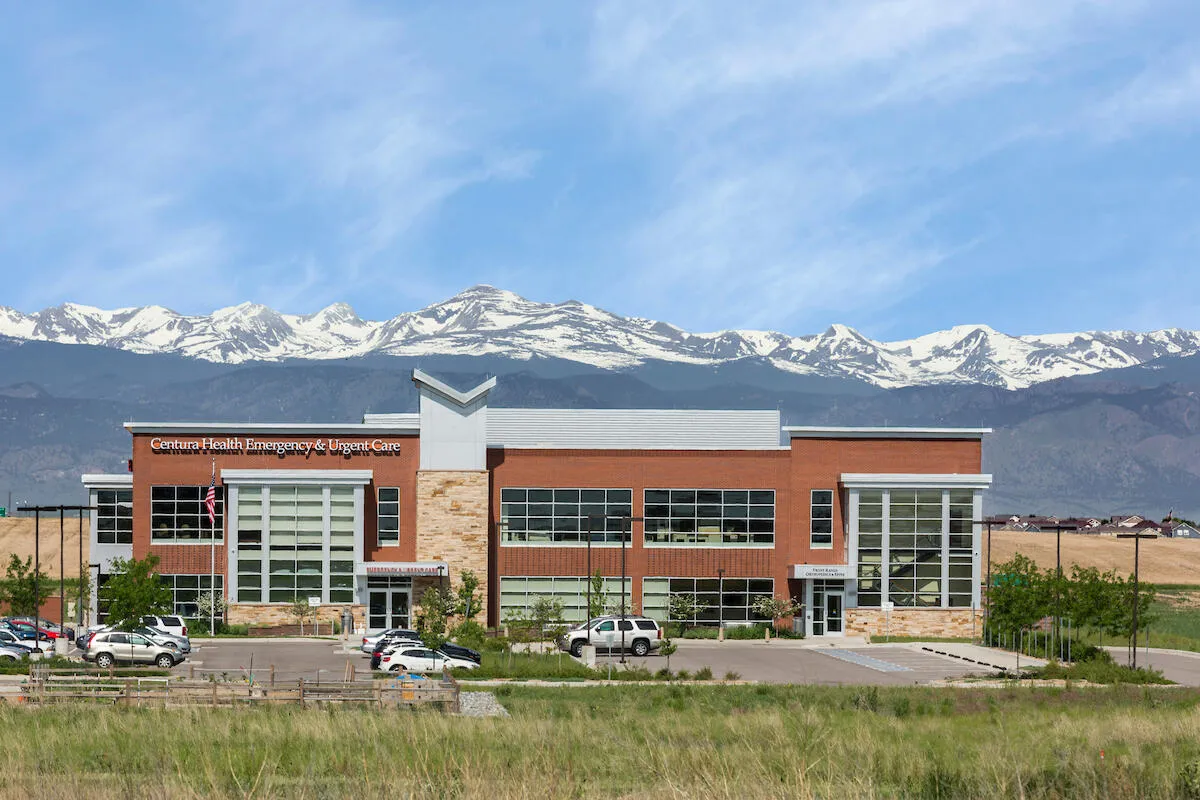Aleph partners with FluidForm to print organs
LOVELAND — Aleph Objects Inc., a Loveland-based 3D printer developer, has partnered with startup company FluidForm Inc. to develop techniques to 3D print organs and other biological material.
The partnership combines Aleph’s LulzBot printer technology with FluidForm’s printing techniques using bioinks and other materials. FluidForm is a Pennsylvania-based company that in 2018 spun out from Carnegie Mellon University. The two companies expect their first products by summer of this year.
“Combining proven expertise in professional 3D printers and hardware with 3D biofabrication technology is going to be an absolute…
THIS ARTICLE IS FOR SUBSCRIBERS ONLY
Continue reading for less than $3 per week!
Get a month of award-winning local business news, trends and insights
Access award-winning content today!




